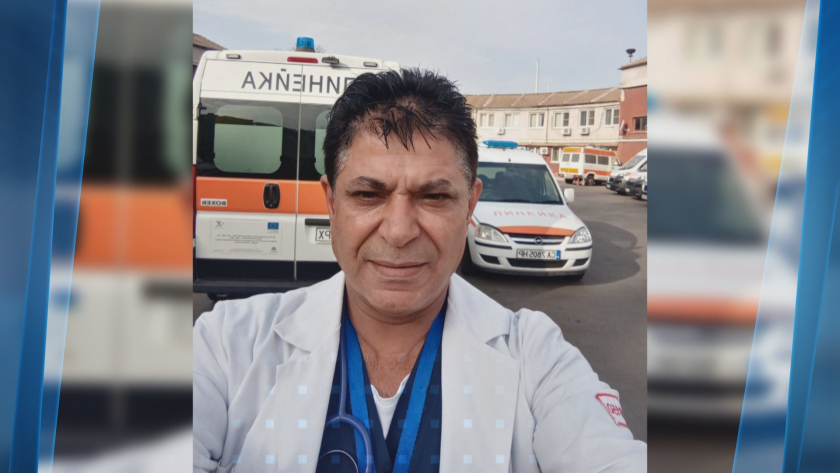
Dr. Mohamed Alibrahim is a doctor at the Emergency Medical Center in Sofia. After the news of the earthquake in Turkey and Syria, he declared his willingness to travel to the affected areas to help the injured people. A doctor of Syrian origin, who saved lives in Bulgaria in the ER, went to the earthquake-hit areas in Syria.
However, he was not allowed into the affected areas in Turkey because of his Syrian passport, so he decided to travel to his home place of Aleppo.
On February 11, he left for Syria in a private ambulance from Varna. Dr Alibrahim told BNT that he had not been to Syria for 12 years because of the war. What he sees there now is destruction, hunger, misery and diseases.
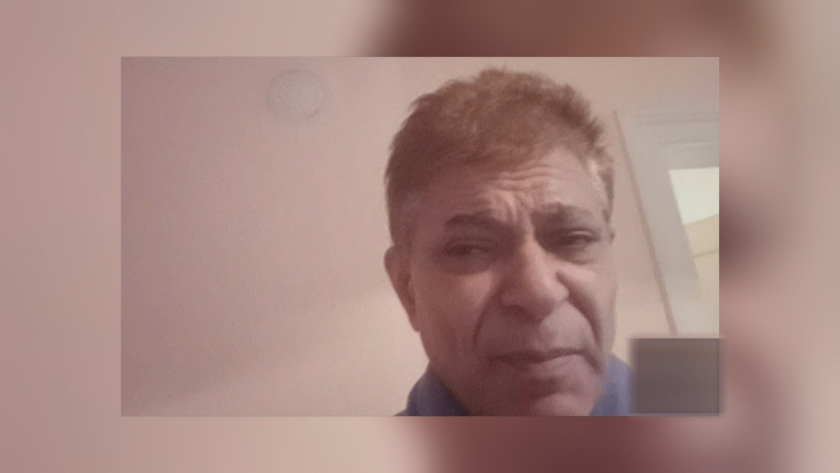
He has no family in Syria. He lost it in the war. But he sees a loved one in the eyes of every victim. He returned to his birthplace, Aleppo, 12 years later, to help, because that's his mission as a doctor.
"I don't divide people into ours and yours, or Muslims and Christians. All people are special to me and I treat them equally."
He cannot hide his tears at the heartbreaking sight.
"I hear people shouting that they are alive, however there is no equipment to pull them out from under the rubble, people are digging with their hands... and children, and babies, etc. It's scary out there right now, people think it's the end of the world."
Survivors are living in fear, sleeping outside in freezing temperatures with no drinkable water. Cholera is spreading on par with hunger and panic. And yet, somewhere in there, mercy is creeping in.
"People, if they have two pieces of bread, give a piece to those who help."
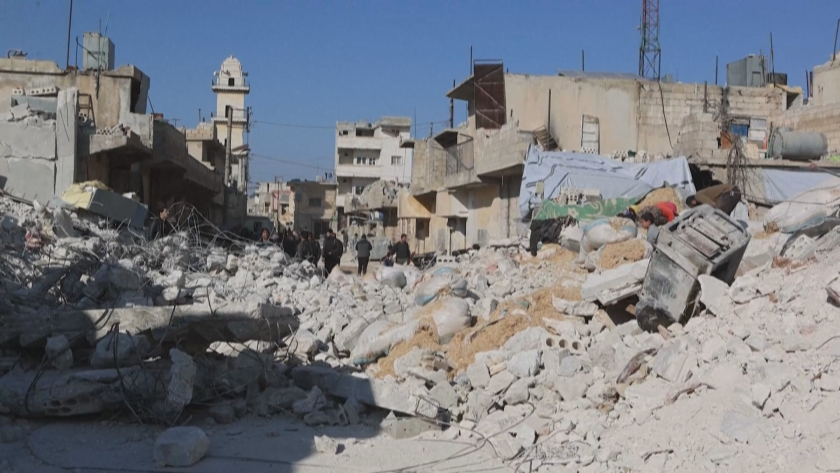
Doctor Alibrahim risks his life, takes a leave he hasn't taken in four years and left for Syria because he feels obligated to do so.
"I went to help the injured people who are not sleeping, they are outside in the cold, it is dry cold."
Syrian people are providing food, blankets, but there is a shortage of doctors, nurses and paramedics. The hospitals are full of injured people.
"It's heartbreaking and I've cried, there's a lot to cry about. Most of all there are people suffering from the stress, there are people with diabetes who need to be on insulin, and there is no insulin, there are no endocrinologists. There are people who have limbs amputated, young people. It's hard and frustrating to look at such picture. I feel proud because I help them as much as I can."
"People are almost all sleeping outside even though they are on low floors, out of fear, or in their cars if they have cars. Hunger, misery and the water is not suitable for drinking, there is widespread cholera. After 12 years of war, and this earthquake on now, people are starving to death."
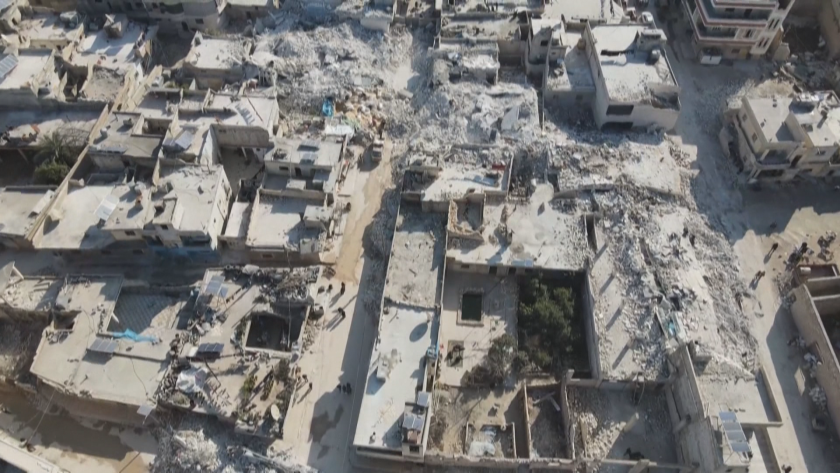
"People just say 'Help'. They cry and weep. Women, children. They say God be with you to help as much as you can. There they say the end of the world is coming. The tragedy is great. There is even a flood of rivers, whole villages that disappeared from Syria, after this earthquake. The Syrians from the country are bringing blankets, they bring whatever they can, clothes, and helping the victims, even though they don't have any either, but they share with their brothers and sisters. They need psychologists, they have all fallen in trouble, and they are scared, and suffer from anxiety and panic attacks. They live outside, temperatures are below zero degrees in Syria right now, it is very cold, dry cold. They have nothing to wrap themselves with, they have no tents, no blankets, the children have no jackets, no boots," Dr. Alibrahim said.
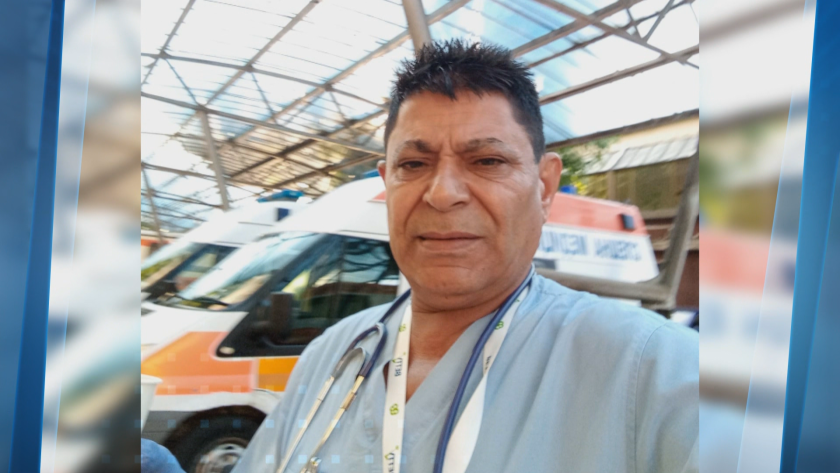
Aleppo, where the Syrian doctor is based, is under the control of President Bashar al-Assad. The northwestern Syrian city was for many years the main frontline in the Syrian civil war. Information coming out of Syria is scarce. The exact number of casualties is unknown. UN figures on casualties are at odds with those of the official authorities. So far, the death toll in Syria is over 4,000, but the number is expected to rise.
 Министър Околийски за Националната детска болница: Звучи като "Белене" в здравеопазването, някакви хора имат интерес да протакат процеса до безкрай
Министър Околийски за Националната детска болница: Звучи като "Белене" в здравеопазването, някакви хора имат интерес да протакат процеса до безкрай
 "Сирени вият ден и нощ, не можем да се приберем": Разказ от първо лице на блокирани в Близкия изток българи
"Сирени вият ден и нощ, не можем да се приберем": Разказ от първо лице на блокирани в Близкия изток българи